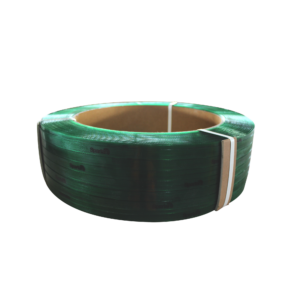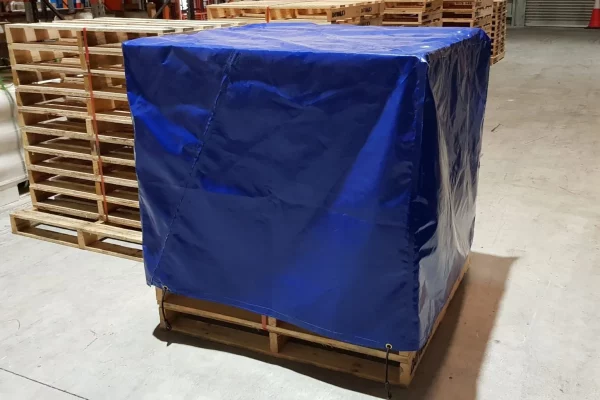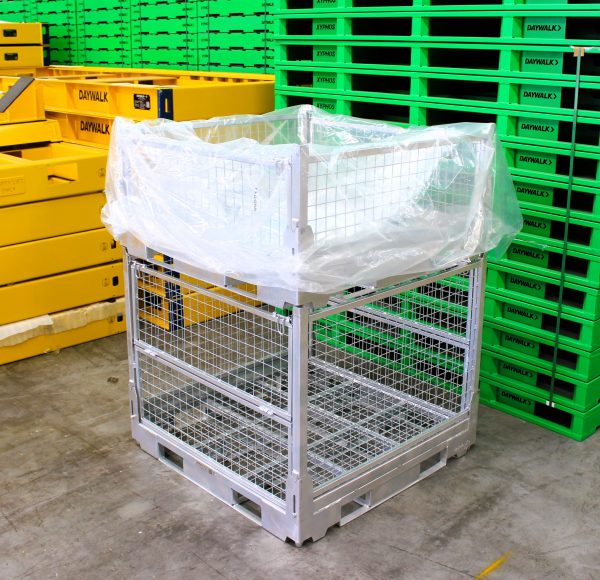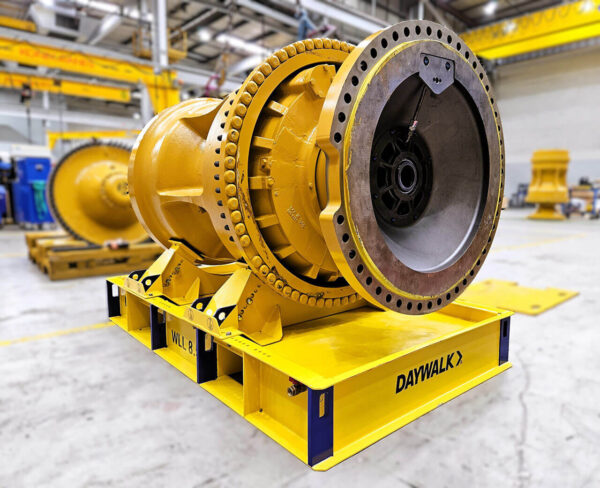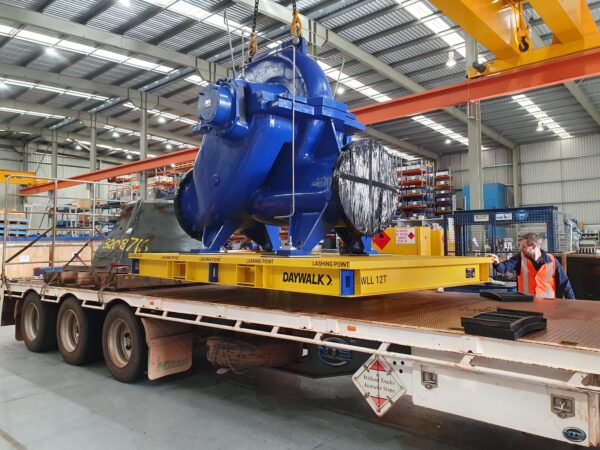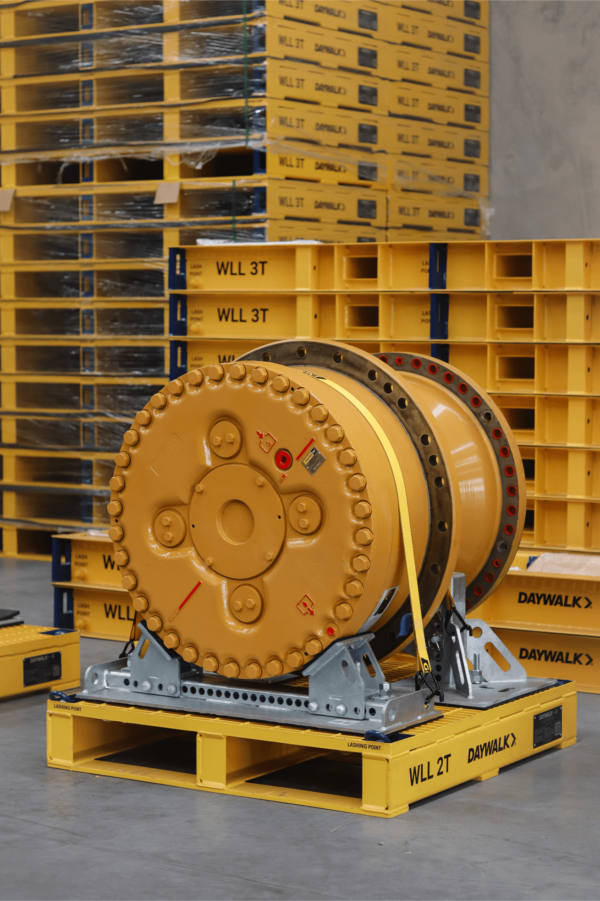PET Strapping vs the Rest of the Strapping World
For commercial or industrial manufacturers, suppliers, or distributors that need to transport their goods, equipment, spare parts, etc., secure strapping is the keyword for safe and secure delivery. Strong strapping is tantamount especially when transporting items like timber or steel on flatbeds or uneven equipment on any vehicle.
The industry sells a wide variation of strapping and banding materials such as steel, nylon, polypropylene, and even rubber. Of these, what holds well and won’t budge even when shaken? Experienced logistics professionals know that polyester is the most popular when it comes to strength and cost.
PET strapping or Polyester strapping is a category of polymers, its specific material, and is commonly referred to as PET or polyethylene terephthalate. PET strap compounds differ significantly from all other industrial strapping.
Key Difference of PET Strapping with Other Straps
With steel, elongation is a problem. With other straps, there is too much elongation and not enough strength or recovery. Elongation recovery is a crucial factor when it comes to PET strapping.
PET strapping contracts and expands when the load shifts during transport. PET strapping has the ability to flex and settle and is adaptable to whatever load it is strapped on. For instance, wooden logs, cement culverts, or steel pipes may shift due to the softness of the polyester, but the load will not suffer any abrasion from polyester, unlike straps like steel or even certain ropes.
Less Cost
PET strap costs less than most other straps, such as steel. The price of polyester is relatively fixed and does not usually fluctuate. Given this affordability plus tensile strength and elongation recovery, it is no wonder that logistics prefer PET strapping.
Easier to Handle
PET strapping makes it easier to attach, remove, and replace strapping. This gives less chance to risks of injury to workers, especially when some workers are still new and inexperienced.
Other advantages of using PET strap include:
- The load is sensitive to abrasion and can be affected by scratching (PET straps are smooth and will not cut into any load or hands)
- The load expands and contracts during transport of any kind.
- Staff and workers can easily handle PET strapping even if newly trained in attaching and removing straps.
- Polyester straps are easily disposed of or held for recycling to make a new set of PET straps again.
With this awareness about transporting materials using PET straps instead of other straps, make sure to base all decisions when purchasing strapping to minimise the risk of damage to goods and equipment, minimise the risk of injury to workers, and ensure safety and security.
Choose only the best PET strapping from Daywalk. PET strapping from Daywalk will undoubtedly affect your bottom line in more positive ways because there is no longer wastage of materials or the need to remanufacture goods due to damage.
Daywalk provides a high-quality and cost-effective PET strapping system including dispensers, accessories, battery-powered auto, semi-auto, and manual strapping tools, and 16mm and 19mm PET strapping with SWL of 540kg and 722kg, respectively.
For more enquiries about PET strapping or to request a quote, visit the Daywalk website at https://daywalk.com/.
